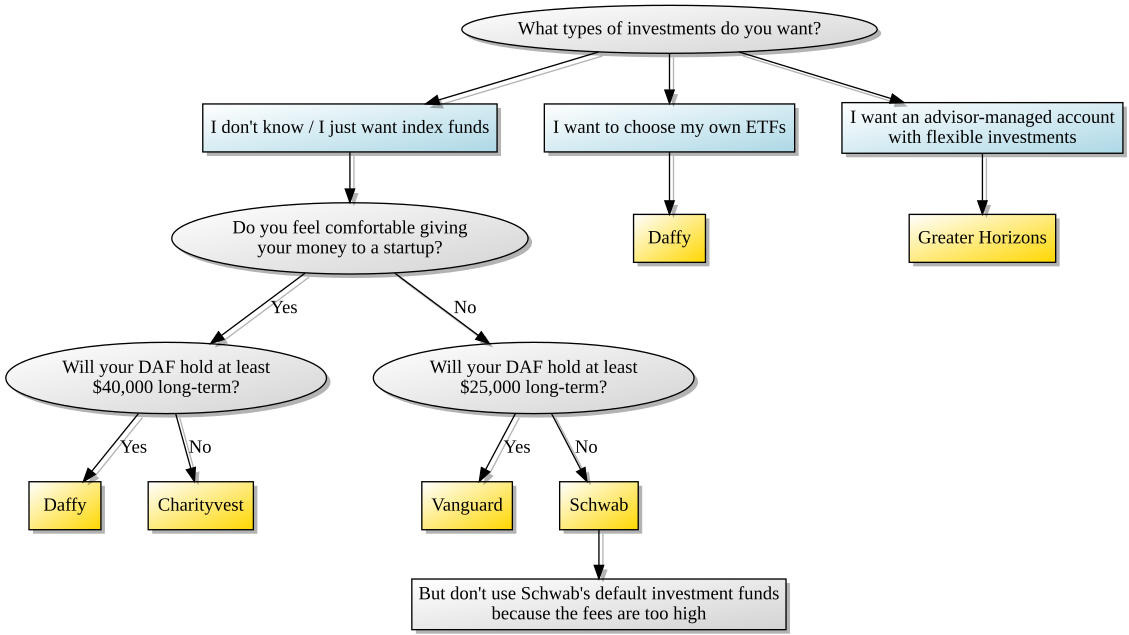Cross-posted to the Effective Altruism Forum.
Update 2021-10-06: I believe I was overconfident in my original interpretations of these Metaculus questions. Some EA Forum commenters pointed out alternative interpretations of people’s answers that could allow us to draw orthogonal or opposite conclusions. For example, on question 1, Metaculus users might predict GiveWell’s top charities to drop off the list by 2031 not because better charities are discovered, but because current charities run out of room for more funding.
In the giving now vs. later debate, a conventional argument in favor of giving now is that people become better off over time, so money spent later will do less good. But some have argued the opposite: as time passes, we learn more about how to do good, and therefore we should give later. (Or, alternatively, we should use our money now to try to accelerate the learning rate.)
Metaculus provides some evidence that the second argument is the correct one: money spent later will do more good than money spent now.
This evidence comes from two Metaculus questions:
- Will one of GiveWell’s 2019 top charities be estimated as the most cost-effective charity in 2031?
- How much will GiveWell guess it will cost to get an outcome as good as saving a life, at the end of 2031?
A brief explanation for each of these and why they matter:
On question 1: As of July 2021, Metaculus gives a 30% probability that one of GiveWell’s 2019 top charities will be ranked as the most cost-effective charity in 2031. That means a 70% chance that the 2031 charity will *not** be one of the 2019 recommendations. This could happen for two reasons: either the 2019 recommended charities run out of room for more funding, or GiveWell finds a charity that’s better than any of the 2019 recommendations. This at least weakly suggests that Metaculus users expect GiveWell to improve its recommendations over time.
On question 2: Metaculus estimates that GiveWell’s top charity in 2031 will need to spend $430 per life saved equivalent (according to GiveWell’s own analysis). For comparison, in 2019, GiveWell estimated that its most cost-effective charity spends $592 per life saved equivalent. (These figures are adjusted for inflation.)
As with question 1, this does not unambiguously show that GiveWell top charities are expected to improve over time. Perhaps instead Metaculus expects GiveWell’s estimate is currently too pessimistic, and it will converge on the true answer by 2031. But the cost reduction could also happen because GiveWell top charities truly get more effective over time.
Some caveats:
- These Metaculus answers only represent the opinions of forecasters, not any formal analysis. (Some forecasters may have incorporated formal analyses into their predictions.)
- Neither question directly asks whether money spent in 2031 will do more good than money spent now. (I don’t know how to operationalize a direct question like that. Please tell me if you have any ideas.)
- These questions only ask about GiveWell top charities. Even if GiveWell recommendations become more effective over time, the same might not be true for other cause areas.
Posted on Jul 21, 2021
